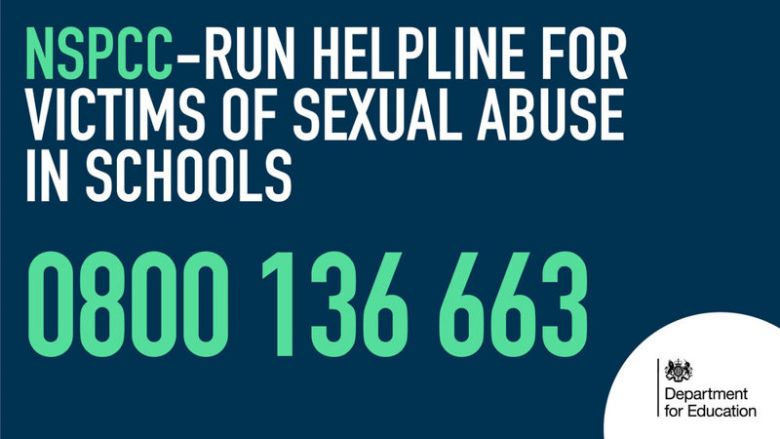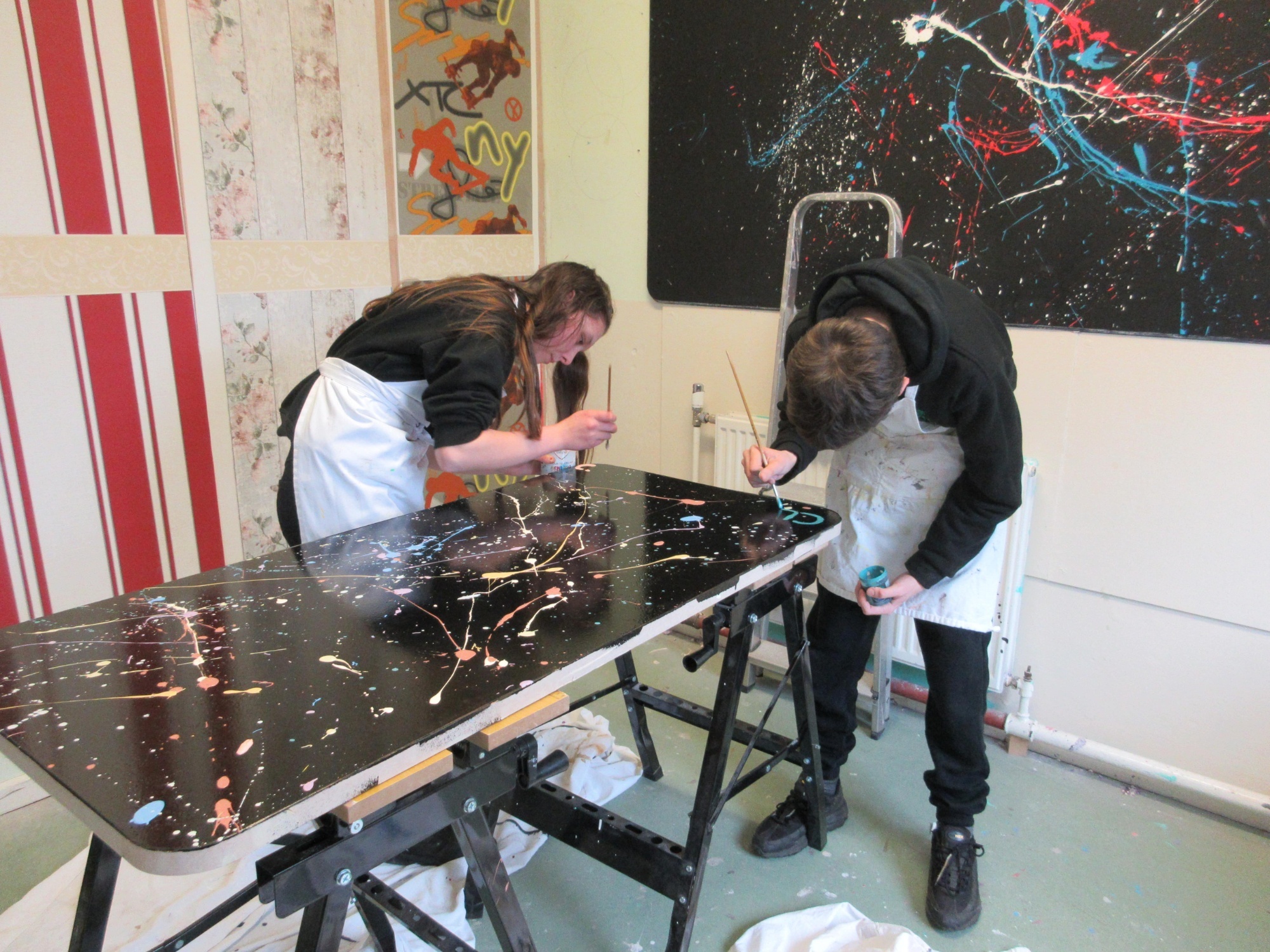Safeguarding
At The Maidstone and Malling Alternative Provision, we are fully committed to the safeguarding of our pupils. It is important that pupils feel safe and supported so that they can achieve their full potential.
All staff at The Maidstone and Malling Alternative Provision, regardless of their role, recognise that safeguarding is the statutory duty of all staff. As such, we will:
- Provide a safe environment for pupils.
- Identify pupils who may need additional help and/or may be suffering harm.
- Take appropriate action to protect and help children.
Safeguarding is the term used to prevent harm, keep children safe and promote their well-being. In school, we have a dedicated team which deals specifically with child protection matters. These members are:
S Smith
Headteacher & Designated Safeguarding Lead (DSL)
C Whitewood
PSHE Teacher & Deputy Designated Safeguarding Lead (DDSL)
P Blayney
Assistant Headteacher & Deputy Designated Safeguarding Lead (DDSL)
L Aitken-Cooper
Assistant Headteacher & Deputy Designated Safeguarding Lead (DDSL)
Please use this email address to contact one of the safeguarding team: safeguarding@mmap.kent.sch.uk
Safeguarding and Visitors to the School
Upon arrival at the school, visitors are required to sign in at reception. They must then wear an ID badge that must be visible at all times.
Visitors without a DBS check will be collected from reception and must remain with a designated member of staff at all times.
Those who have had the appropriate checks and work with pupils weekly will wear an ID badge that is visible at all times.
On departure, visitors must sign out and return their ID badge and lanyard to reception before leaving the premises.
Contact Kent County Council
If you think the child is at immediate risk of harm phone them straight away.
- Monday to Friday – 9am to 17pm 03000 41 11 11
- Out of hours on 03000 41 91 91
In an Emergency, call 999
To report a crime to Police (non-emergency) call 101.
Early Help
The aim of Early Help in Kent is to ensure that children and families that need extra help have one lead person who they can tell their story to. This means you will not have to keep telling different people.
This lead person will carry out a family assessment to develop a plan of action and interventions needed to meet the aims of your family.
https://www.kent.gov.uk/education-and-children/early-help-support-for-families
Helpline for victims of sexual abuse in schools
Sexual abuse in any form is unacceptable.
A dedicated helpline is now open to support anyone who has been a victim of sexual abuse. The helpline is run by the NSPCC and will provide victims of abuse with the appropriate support, advice and onward action, including contacting professionals or the Police if they wish. The helpline will also provide support to parents and professionals too.
Telephone 0800 13 66 63, or email help@nspcc.org.uk
More information can be found at:
Helpline for people who have experienced sexual abuse in education setting launched | NSPCC Learning

Local Authority Designated Officer (LADO)
Every local authority is required to have a LADO whose responsibility is to provide advice and guidance to individuals who have concerns about the behaviour of an adult who works with children and young people. If you wish to raise a concern about a professional working with children, please call:
03000 41 08 88
Useful Links for Concerns
Types of Child Abuse & How to Prevent Them | NSPCC
The NSPCC gives key information of different types of abuse and recognising signs. It also allows you to report your concerns and what to do to keep children safe.
Reporting child abuse and neglect | NSPCC
Direct links to reporting concerns to the NSPCC, whistleblowing advice and dedicated helplines for specific needs.
Safeguarding children and child protection | NSPCC Learning
Additional detail on what safeguarding is, working with multi agencies such as Early Help and Child Services.
Advice for children who are concerned about themselves or others. This can be done via the phone for free on 0800 1111 or message boards online.
Sexual health | Terrence Higgins Trust (tht.org.uk)
Key information and guidance about sexual health and how to manage risks.
Report Remove: Remove a nude image shared online | Childline
If you are worried that an image is being shared online and posted. Please use the above link and Childline will talk you through the steps in how to report. All age groups inc 18+ can be reported.
